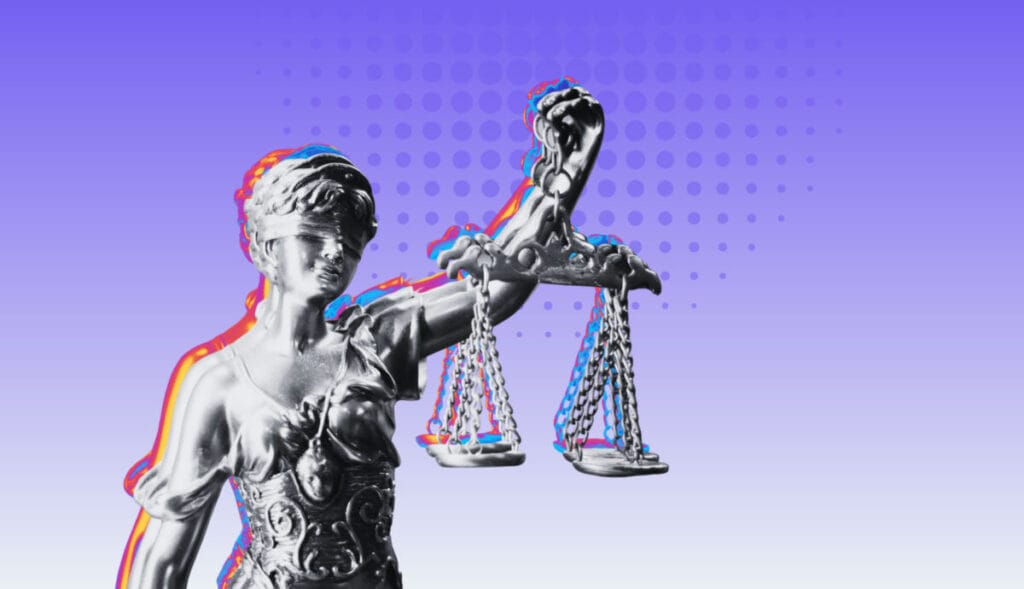As interest in psychedelic therapy continues to grow, many therapists and wellness practitioners are looking to incorporate these powerful substances into their work.
However, working with psychedelics in a practice is a unique and complex field that requires specific knowledge, skills, and experience. Approaching psychedelic work without careful preparation could result in unfavorable and even dangerous outcomes for the client seeking psychedelic therapy. If you’re considering adding psychedelic-informed services to your practice, here are some key things you need to know:
Understanding the History and Cultural Significance
Despite the recent resurgence of psychedelics in popular culture, people have been using psychedelics for a variety of reasons for thousands of years. While modern research and science have been informing much of our perspectives on psychedelic therapy, we do need to pay respect to the peoples who used these substances first. Do some historical research to familiarize yourself with how different cultures discovered and used psychedelics. Their techniques and cosmologies can be vastly different from the Western world, but these are important perspectives that can help you understand how these medicines and substances can work.

This understanding will provide you with crucial context of how to deal with certain themes of the psychedelic experience in therapeutic settings as well. For example, how do you navigate a conversation with a client about the spirit of ayahuasca showing up in their dreams before or after a ceremony?
Harm Reduction Techniques
Many people are turning towards psychedelics for healing and self-exploration. While there are many more resources out there nowadays, clients may still be coming to you with questions about their therapeutic potential. It’s important to learn and gain skills in basic harm reduction techniques, and to meet your clients where they’re at. It’s also important to analyze our own beliefs and biases around psychedelics and understand that these powerful substances are not for everyone.
Psychedelic therapy can bring about intense psychological, emotional, and physical experiences. Even if the practitioner or therapist has the best intentions, clients can experience harm in sessions. It’s crucial to be well-versed in this area to help mitigate any contraindications, adverse effects, or challenging experiences that may arise, so you’re able to stay calm, hold space, and know how to handle the situation.
Ongoing Education and Supervision
Despite mounting evidence that psychedelics can be effective for treating depression, anxiety, PTSD, and other mental health disorders, this is still typically not taught in universities. If you’re interested in getting more involved in this field and incorporating psychedelic-informed practices into your work, it’s important to seek out continuing education to receive comprehensive knowledge on how to work with psychedelics. Navigating Psychedelics For Clinicians and Wellness Practitioners is a place where thousands of people new to the field have started their psychedelic education. This nine-week online course is specifically designed for health and wellness practitioners who want to learn more about psychedelic medicine or wish to integrate psychedelic harm reduction and integration into their existing practice, and those beginning a new career in the emerging field of psychedelics.

Legal and Ethical Considerations
Depending on where you may be planning to practice, psychedelics may or may not be legal. The legal psychedelic landscape varies from region to region, from the substances themselves, to who can administer them, to who can receive them. Make sure to familiarize yourself with the legal status of psychedelic substances in your area, and – while we don’t condone breaking the law – ask yourself what degree of risk you’re willing to assume if the law prohibits the type of work you hope to do. It’s also essential to consider your license and scope of practice. You may be putting your license at risk by openly offering services that are illegal or not supported by your professional boards.

Networking with Experienced Professionals
Finding an established, experienced network of professionals who have worked with psychedelics can provide valuable mentorship and support. Consider joining established online communities, reaching out to other professionals, and engaging in conversations to start making connections. We can’t do this work alone, and having a solid network of peers and colleagues is important in this ever-evolving and quickly growing field. Courses like Navigating Psychedelics are a great way to meet others and begin establishing your network of like-minded individuals.
Develop Space-Holding Skills
If you’ve begun to research psychedelic therapy, you’ve likely already encountered the term ‘set and setting.’ While ‘set’ typically refers to the journeyer’s mindset, ‘setting’ refers to the physical and emotional environment in which the client will receive care (before, during, and after the trip). As a practitioner, it’s crucial to gain skills in trauma-informed practices, and to create a safe, supportive, and empathetic environment for your clients. Ensuring you do your part to hold a positive space can have a drastic impact on client success.

Empathy, Openness, and Non-Judgment
Getting rid of any judgment, and cultivating a strong sense of openness and empathy is crucial before working with clients. And once you’re certain you’re ready to work with clients in this way, ensure you make it clear to them that they can rely on you to be a non-judgmental support. You may become the only person like this in their life, and they will likely find great relief and comfort in knowing that you will accept them as they are. Creating and communicating this mindset helps foster a therapeutic space where your clients can feel safe to show up authentically, do the work, and heal.
Doing Inner Work
Personal experience with psychedelics or other non-ordinary states is highly valuable to inform a practitioner’s understanding of how to navigate these profound states of consciousness. Find a safe, structured, and supportive environment to have your own experiences, to gain valuable insight into what your clients may go through. If taking a powerful substance right away seems daunting to you, transpersonal breathwork is an easily accessible practice you can use to begin experimenting with non-ordinary states of consciousness. Cannabis, too, while not considered psychedelic in the classical sense, can be substituted and used in ceremony or with a therapist to recreate a typical psychedelic therapy session. Many practitioners are also gaining experience with ketamine through ketamine-assisted psychotherapy services. And if you’re interested in making meaningful personal changes as you explore a psychedelic career, consider joining an upcoming cohort of the Vital 12-month program. It was designed specifically for people ready to transform – not just professionally, but personally, too.

Taking the Next Step
If you’re ready to begin building an ethical and responsible psychedelic-assisted practice, decide what your next steps will be. Whether simply by starting slowly with further reading, listening to psychedelic podcasts, or taking a course on your own time, there’s no shortage of resources for you to begin your journey today.



